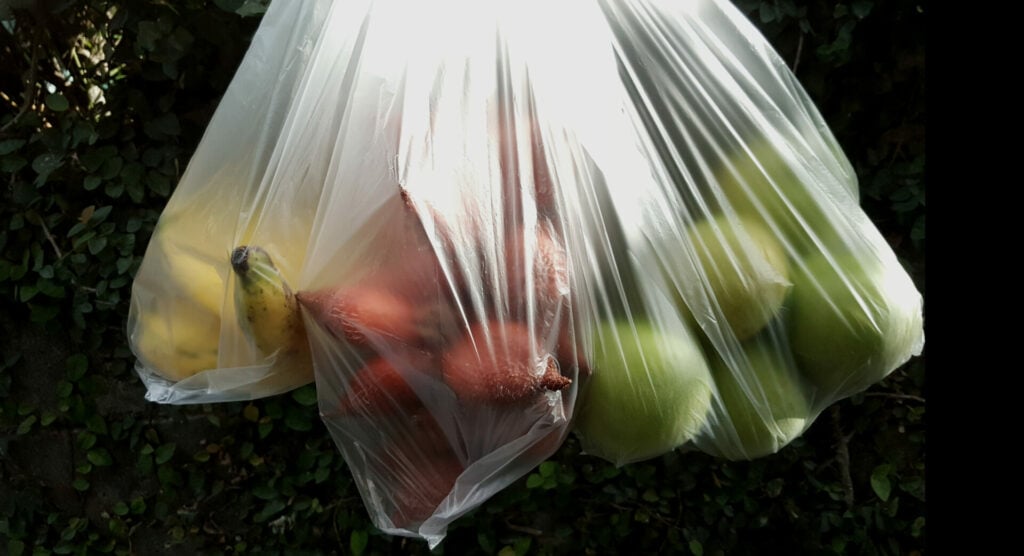In the verdant plains of Kenya, a groundbreaking initiative is transforming the landscape of human-elephant coexistence. Abigael Pertet, a dedicated farmer and mother of two, leads a revolutionary project at the Mara Elephant Project Experimental Farm, near Lemek Conservancy in the Maasai Mara. Her work, in collaboration with a small, passionate team, is sowing the seeds of a future where humans and elephants can thrive together.
The conflict between subsistence farmers and crop-raiding elephants is a well-known issue in Kenya. Elephants, attracted to lush crops, frequently raid farms, causing significant economic damage and fostering tension between wildlife and local communities. However, the Mara Elephant Project (MEP) Experimental Farm aims to change this dynamic by exploring which crops elephants prefer and which they avoid, thereby devising low-cost, elephant-friendly farming solutions.

Imagine a ‘Kitchen Table’ style experiment where crops, commonly consumed or used for medicinal purposes in local communities, are planted specifically to see what attracts elephants. Abigael and her small team have discovered that elephants, contrary to their initial assumptions, do not eat certain plants such as lavender, citriodora, rosemary, chili, tea tree, geranium, and onions. This groundbreaking research opens up new possibilities for alternative crops that could mitigate the crop-raiding issue and diversify the financial income of local farmers.
The MEP Experimental Farm, launched in August 2021, is a 5-acre plot situated in a hotspot of human-elephant conflict. The farm’s strategic location across the Mara River tempts elephants to cross and raid the crops. Understanding elephants’ crop preferences is crucial to developing effective agricultural practices that can prevent these raids. Since 2017, MEP has addressed over 200 crop-raiding incidents, highlighting the urgent need for sustainable solutions.
Female Farming
Abigael’s leadership in this project is particularly significant given the broader context of land ownership and farming in Kenya. According to the Kenya Land Alliance, women hold only 1% of all land titles, despite comprising 80% of smallholder farmers. Empowered women like Abigael leading regenerative farming initiatives is essential for widespread landscape regeneration, sustainable agriculture and promoting gender equality.
‘Recognising female empowerment and gender equality is vital in conservation as women interact with the environment constantly, making them important contributors to solutions and improving their surroundings,’ says Abigael.

The MEP Experimental Farm’s approach involves the community from the outset. The team held a community meeting with 45 members to explain the farm’s objectives and goals. This engagement has been crucial, with the local community showing great interest and gratitude for efforts aimed at finding long-term solutions to human-elephant conflict.
The farm itself is a meticulously designed grid of 28 different crop types, planted in blocks for easy data collection. All crops are organic, with soil fertility enhanced based on detailed testing. The farm focuses on growing these crops and observing which animals come to raid them. Abigael’s findings have been ground-breaking. Turns out elephants are not the only crop-raiding culprits; hippos, vervet monkeys, and birds have a part to play.
Economic Value
A unique feature of the farm is its nursery, where seedlings of higher-value crops are cultivated. This not only reduces future costs but also presents potential economic opportunities for selling seedlings to nearby camps and communities. ‘Having our own nursery actually saves money. We can cultivate and grow expensive seeds here, reducing long-term costs and community members can buy our seedlings,’ explains Abigael.
Water management is another critical aspect of the farm’s operations. Wet soil serves as a natural tracking tool, capturing animal footprints at night and allowing the research team to identify which species are raiding crops. The farm’s strategy involves allowing up to five raiding incidents per crop block before taking active measures to protect the crops, all the while meticulously recording data.
Abigael’s vision for the farm is clear: ‘We live in the Mara and have some of the best soil in the world to grow crops. However, traditional crops like watermelon or squash attract elephants from afar. We need to find alternatives that can support our livelihood without inviting elephants and other pests.’

Abigael and her team are not just cultivating crops but also cultivating hope. Through their innovative approach and deep community engagement, they are paving the way for a harmonious coexistence between humans and elephants. Their work stands as a testament to the power of women-led initiatives in driving sustainable change and addressing some of the most pressing conservation challenges of our time. As Abigael and her team continue to explore and experiment, they bring us closer to a future where elephants and humans can share the land in peace and harmony.
A Special Invitation to Visit The MEP Experimental Farm.
Join me for a very special journey this October 19-26, to experience the magic of The Mara, witnessing these pioneering elephant conservation efforts. This unique trip includes meeting Abigael at the MEP Experimental Farm, patrolling with the Mara Elephant Project frontline rangers, seeing the last two southern white rhinos in their natural habitat, a helicopter ride to the Loita Forest, and much more.
This trip directly supports MEP’s leading elephant conservation work, aiming for peaceful coexistence between elephants and local communities in this vital wildlife refuge. By experiencing conservation efforts first-hand, you can gain a deeper understanding of the challenges facing wildlife and the resilience of those dedicated to protecting it.
To learn more visit wildlifepositivetravel.com/themara.
About Holly Budge, Founder of How Many Elephants NGO and Wildlife Positive Travel.
Holly Budge has advocated for female empowerment and gender equality in conservation for almost a decade. Her impactful work has been celebrated worldwide, including by Sir David Attenborough and HRH Prince Edward.
She was recently voted ‘Woman of the Year in Non-Profit’, listed in the Top 100 Women in Social Enterprise, and is an official UN Women UK Delegate. As a professional speaker Holly has inspired thousands globally to think big. Her adventurous pursuits, including summiting Everest and becoming the first woman to skydive Everest, create a platform to raise awareness and funding for conservation. To date she has fundraised over £500,000.
Read more at hollybudge.com









